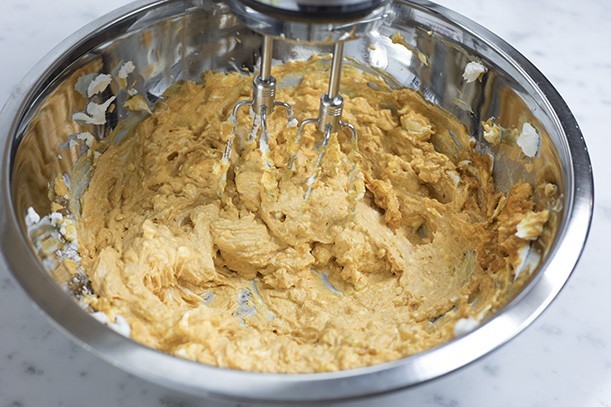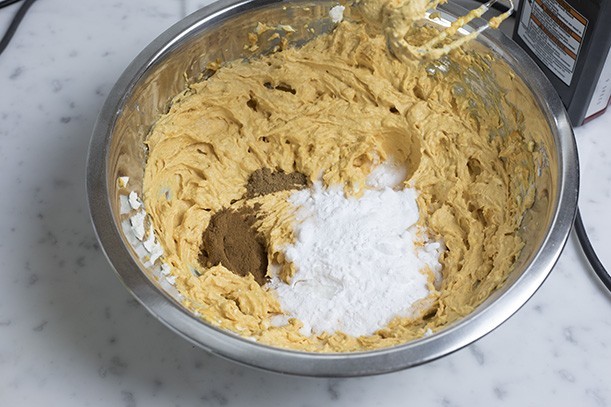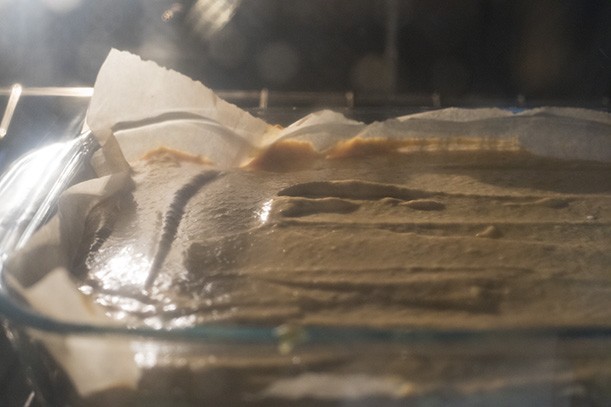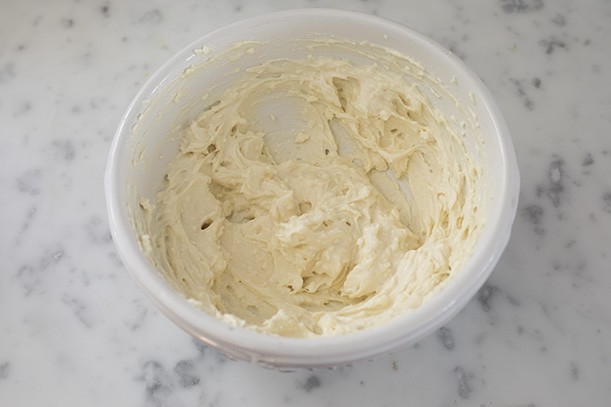Wishing you all a wonderful Thanksgiving with loved ones, and that you truly reflect on what you are Thankful for! This week’s topic will go along nicely with the holiday season, as sometimes the holidays can be stressful in the emotional sense. Whether having lost someone and being without them, or maybe your family just stresses you out.
The past two weeks we’ve gone over brain inflammation and autoimmunity and the gut’s role in autoimmunity. This week will be about the third layer emotions.
Did you know there is immense research in the field of emotional triggers causing physical problems?
..
What most don’t know is that:
Our current emotional health is usually set by things that have happened in our childhood. When we are young the brain is still developing, so things that happen the body remembers, it gets stored and the epigenetic changes sets us up for triggers later on in our life.
In the 1990s, the CDC and kaiser permante did a study looking over 17,500 adults. 60% of the adults in the study had at least 1 of the 10 triggers for adverse childhood experiences(ACE).
Most doctors, soley rely on biochemistry and physical concerns for conditions, and will overlook the emotional part, or tell you to just de-stress.
People with chronic conditions that have done many things and are versed in nutrition, ect…
*It’s usually not because people lack education about what to do about their health, they have emotional trauma, and these things are all distractions.
For example, from research we know:
The biochemistry of stress:
In a young growing brain when stress occurs and its something they can’t process at the time.. Maybe it’s a low level stress or a shock that happened. One of the things that can happen is the idea of limbic kindling. (Limbic is the the emotional part of our brain) A low level stress, kindles the brain to over respond and reduce the threshold required to respond to external stresses.
The amygdala and neurons in the brain are being hardwired from an early age how to react to stress. With chronic stress pumping out hormones, the epigenetic changes means certain genes that shut off the stress response will be silenced because of chronic stress. It also means when no stress is present, the brain still kindles and can still be reacting even with no stress there.
This means that at eve a young age, they can have inflammatory cytokines released and thresholds being produced, which marinates inflammation. Early life stress also changes the gut bacteria and can lead to leaky gut (autoimmunity). Without holistic intervention, those gut changes can be permanent.
Also through research, we know that the brain gets inflammation as well. There are little cells called microglia, and in the face of chronic stress these cells can go crazy and prune healthy neurons in the hippocampus, which can lead to depression/anxiety/alzheimers link.
**Epigenetic studies also have shown that epigenetic changes occur across a whole genome with those with increased ACE’s.
What’s also interesting in research, there are also intergenerational traumas. These are traumas that are passed down through generations. You might be the first person that has the awareness to deal with it in your line. Your doing work for your whole lineage! So be compassionate towards yourself, and don’t feel like you’ve failed.
How does the time frame work with emotional trauma and as far as healing from it?
– If someone is in a chronic state with an autoimmune disease, you can intervene to change and retrain the brain to build new neurons. Neurolinguistic programming is awesome for this.
– To get epigenetic change it does take some time. 1-2 years is a time frame for a recovery from a chronic condition had for 10-20 years.
– With unresolved trauma it’s usually unconscious beliefs like: we don’t deserve health, or not worthy of it, which will manifest in the physical body.
– When I work with individuals it can be a lot quicker than that time frame. Usually a few months in my office, or if I refer for more care. But, it does take time to shift patterns.
How do we overcome these ACE’s?
1. The first is just exploring this part. You can actually get an ACE score, and maybe consider that emotional trauma can be a part of your not healing. Recognition is KEY.
Find that here:
https://www.nikigratrix.com/acescore/
2. Journalling can help a lot to work through it, as well as through prayer or meditation, whichever you practice. Often times realizing it’s the problem is the most important part.
3. I use NET or neuro emotional technique in my practice which helps get the physical responses gone that are being caused from emotional traumas. Working that subconscious part of the brain. This has been vital in my practice for individuals really healing from chronic conditions. If I feel the patient needs more help in this part, then I refer which leads me to number 4.
4. Neurolinguistic Programming or counseling. I find NLP way more helpful for my patients than just counseling alone for clearing things quickly, and I refer often for this if needed. Talking is HUGE, and in all the research as far as getting awareness and resolving trauma. NLP is a pattern interrupt. It is a re-route of your thoughts and behaviors.
5. Diet and Lifestyle (mentioned previously in last weeks blog). Clean up the diet, breathing, exercise, ect.
6. Essential Oils. I LOVE using essential oils in combination with NET in my practice to help detoxify bad emotions out of the body. Certain ones definitely help us process and deal naturally with improperly internalized ACEs. They work synergistically with our body unlike a medication for emotional instability.
7. In my experience, one of the most important things is looking at your relationships and cultural impact. If you resolve your own emotional trauma, you raise the resonance of your body. 25 years of research from the heart map institute showed that our heart has a electromagnetic field, and they found a 75% correlation between this field and emotions. If you’re around people who live in an emotionally traumatized state, your body will become stuck into theirs too.
You have to rid of negative people and environments if possible. Get with a support group if possible. Culturally, even in the medical system, it can be traumatizing when they say that you are making it up, or just tell you to de-stress. It can be very traumatizing when you have a major illness and are told this.
I am a prime example of that happening in my health journey.
Be aware, you don’t have to get angry at people or the system, but be able to get positivity that you need to thrive.
What’s really an important take away as well is an integrated approach. Cleaning up the diet, getting cranial care and emotional healing. That will overall balance the scale of your healing rather than relying on one at a time and not seeing results so switching to another one. Thats why sometimes even working with functional medicine practitioners, they don’t always look at each area, or aren’t in it long enough. You have to look at the body as a SYSTEM.
With all of that!! It’s important to make time for yourself to deal with stress and deal with it in a healthy way. This blog is important in the sense though that we sometimes have subconscious thoughts and processes and strongholds on our lives that we don’t even know about. We just say it’s the “way i am” or “runs in my family”. These are self sabotaging thoughts and can hinder your healing. Follow these steps and help to clear the emotional toxins out!
OIL OF THE WEEK

This oil is amazing for overall just calming down the body. When feeling anxious or upset, put one drop in the palm of your hand and inhale for 10 seconds. Wait 30 seconds and you will feel calm immediately!!
I used to hate the smell of lavender, but not with Doterra’s lavender. it is so pure and smooth smelling I LOVE it.
IT’s BOGO week this week, if you want to stay up to date with EO news, follow Dr. Hamel’s private FB page!!
https://www.facebook.com/groups/260163744596787/
ALSO THE NEW HOLIDAY ITEMS ARE HERE!!! THEY SMELL AMAZING AND THE ON guard CHOCOLATE bark OMG! IT’s BOGO week this week, if you want to stay up to date with EO news, follow Dr. Hamel’s private FB page!!
If don’t have an account or are interested let me know!


The holidays are tricky for those of us on diets – including myself. Let’s be honest, its totally frustrating because we just want to eat “normal” stuff, right?
Try making these recipes which are great stand ins for the original classics. Many of these recipes are BETTER than the original.
How great would it be to head into the holidays without feeling guilty and be able to satisfy those cravings?? Let’s do it together! Check out these fantastic recipes and let me know how you like them!
Here is a whole list of healthy Thanksgiving recipes:
38 Keto Thanksgiving Recipes! Low Carb Food So Delicious You’ll Never Miss the Carbs
But I will feature one here:
Low Carb and Sugar Free Pumpkin cheesecake bars!!
Ingredients
Crust
- 2 cups whole pecans
- 1 tsp cinnamon
- 1 tbsp coconut oil
- 10-15 drops liquid stevia
- 1 pinch sea salt
Filling
- 8 oz. cream cheese
- 1/4 cup heavy cream
- 10 oz. pumpkin puree
- 2 tsp vanilla extract
- 20 drops liquid stevia
- 1/2 cup So Nourished powdered erythritol
- 1/4 tsp pumpkin pie spice
- 1 tsp cinnamon
- 1 pinch salt
- 2 large eggs
Frosting
- 2 oz. cream cheese
- 2 tbsp heavy cream
- 1/4 cup So Nourished powdered erythritol
- 1/2 tsp vanilla extract
Instructions
- Preheat the oven to 350°F. Combine all the crust ingredients in a food processor and pulse until the pecans are a fine crumb texture. Don’t over process or you’ll end up with pecan butter!

- Line a 9×6-inch baking dish with parchment paper, letting two sides spill over for easy removal. Press the crust into the dish, making one even layer. Bake for 12 minutes, then let cool.

- Meanwhile, using an electric hand mixer, beat the cream cheese and heavy cream until fully combined and even throughout. Then, add in the pumpkin puree, vanilla extract and liquid stevia and combine.

- Add in the erythritol, pumpkin pie spice, cinnamon and a pinch of salt and combine.

- Next, add in one egg at a time, incorporating each before adding another.

- Once the crust has cooled a bit, pour the pumpkin cheesecake batter into the baking dish. Reduce the heat in the oven to 325°F and bake for 25-30 minutes. The middle of the pumpkin cheesecake should be a bit wobbly after baking. Refrigerate for 6 hours or, ideally, overnight.

- To make the frosting, combine all the frosting ingredients and beat with an electric hand mixer until light and fluffy.

- Frost the top of the cheesecake bars or add a dollop to each one after slicing. Enjoy!

That is all for now.
Wishing you all a happy and healthy week.
Dr. Hamel


